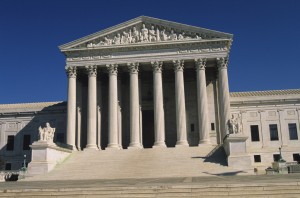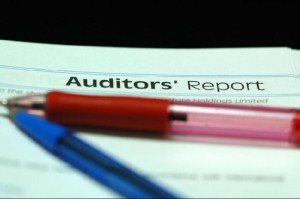
A teenager who died after receiving mental healthcare services from unlicensed and underqualified professionals is the impetus behind a False Claims Act lawsuit handled by Greene, LLP on behalf of the late Yarushka Rivera. The case is now before the U.S. Supreme Court. The United States Office of the Solicitor General and the Department of Justice argued before the Supreme Court on April 19, 2016 with assistance from Greene, LLP.
Yarushka Rivera was a teenage enrollee of MassHealth benefits (Massachusetts’s state equivalent of Medicare) and began seeing Arbour counselor Maria Pereyra in 2007 after experiencing various behavioral problems at school. Pereyra, an Arbour staff member, lacked a professional license to provide mental-health therapy. Rivera’s parents met with Pereyra’s supervisor, clinical director Edward Keohan, after Yarushka complained that she was not benefiting from counseling. During the meeting, they became worried that Keohan was not properly supervising Pereyra and was unfamiliar with Yarushka’s treatment.
Yarushka was eventually transferred to another staff member, Diana Casado, who was also supervised by Keohan. Casado too, was unlicensed. Yarushka’s parents quickly became dissatisfied with her treatment and believed that Casado too, was not properly supervised.
 Whistleblower Attorneys Blog
Whistleblower Attorneys Blog










